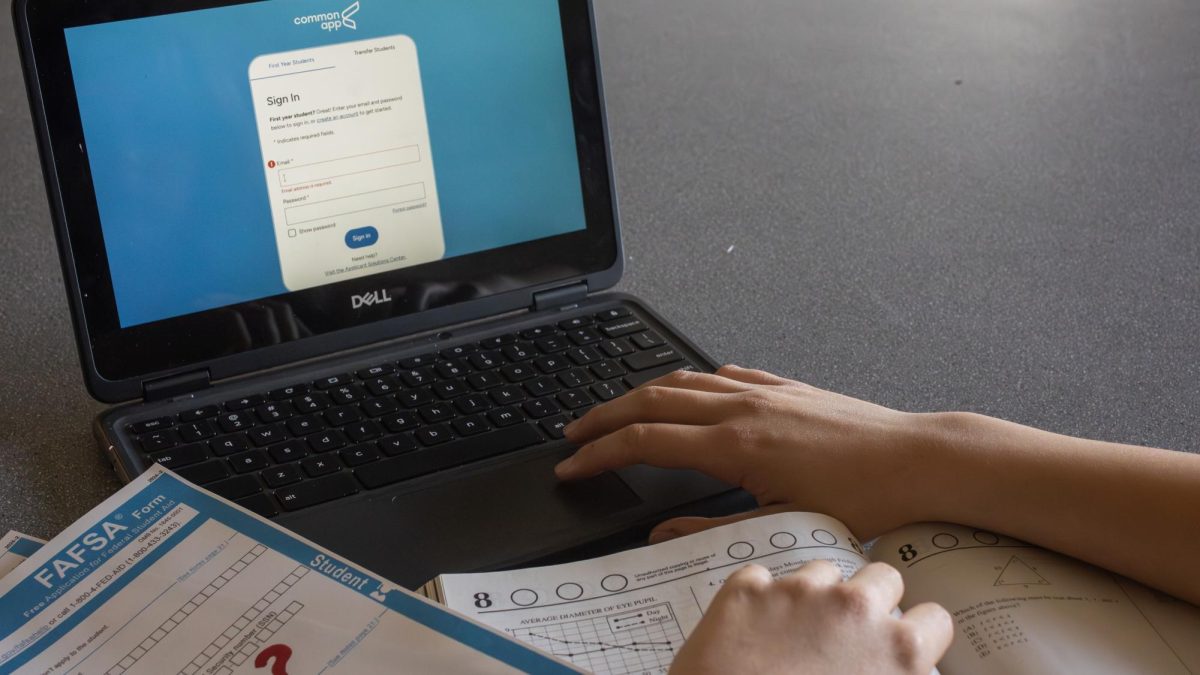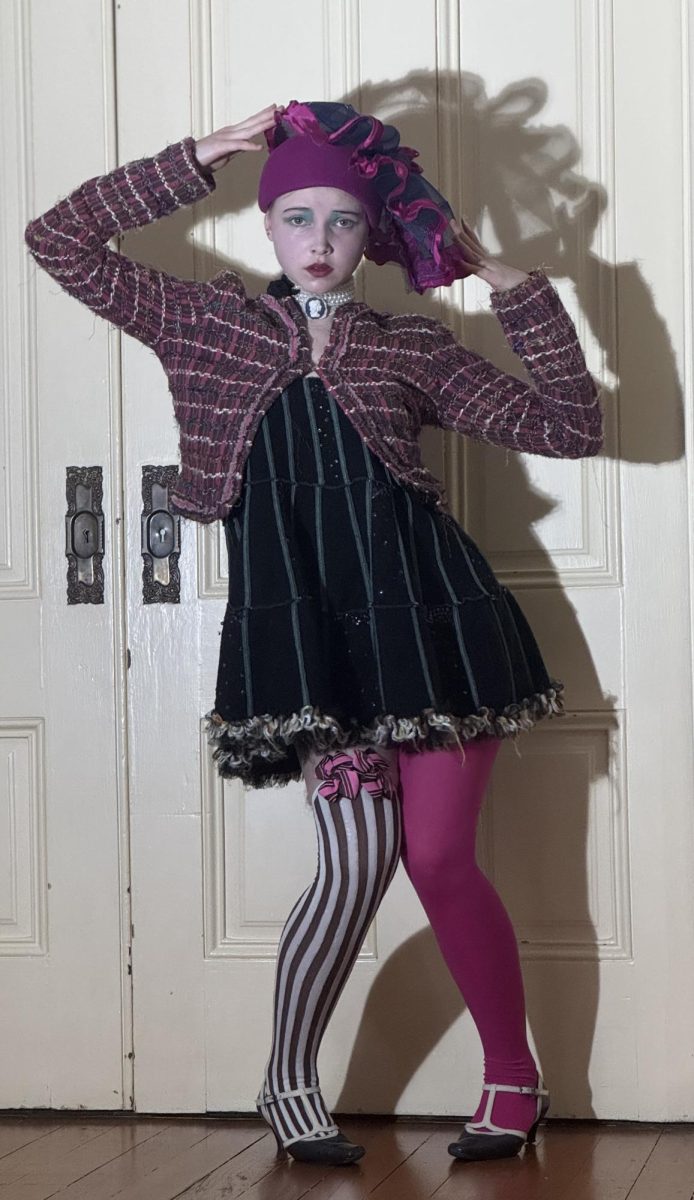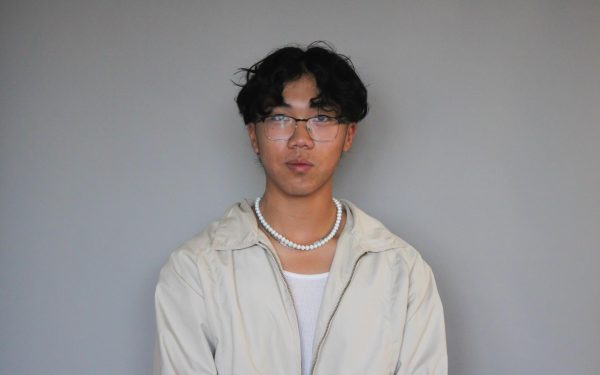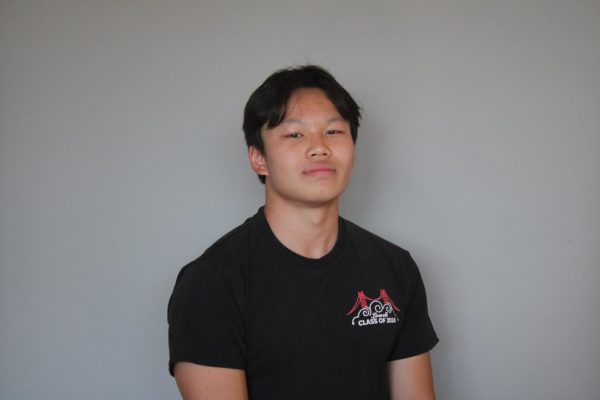Over the past few months, Lowell and the nearby Lakeshore neighborhood have experienced numerous break-ins, including incidents of damage and theft. As a result, the safety of the Lowell community has been under threat, and thousands of dollars in replacement costs have been incurred. In response to these events, Lowell’s administration has been working alongside the San Francisco Police Department (SFPD) to investigate the crimes. With these break-ins raising student concerns regarding school security and the administration’s response to these events, the administration has reevaluated security measures and taken steps to prevent future break-ins.

This unprecedented series of events began in late January. On Jan. 22, the AP Environmental Science (APES) class’s garden was broken into; teacher Katherine Melvin found damage to the greenhouse and storage containers, including tools in disarray, and the entire bee colony destroyed. Later that same week, on Jan. 25, the Junior Reserve Officer Training Corps’ (JROTC) storage container was broken into with its contents displaced, and a drum set was reported stolen. Additionally, that same week, the World Language building and both locker rooms were broken into and vandalized. Within just a month, more track storage containers were compromised, and one container was completely burned on the inside — showing signs of arson. On Feb. 24, Lowell softball players entering the girls’ locker room found a sleeping man. Then on Monday, Feb. 26, a woman was stopped by security after throwing eggs at various classroom windows, and most recently, on March 1, Lowell’s Robotics team had their arbor press taken from their storage container.
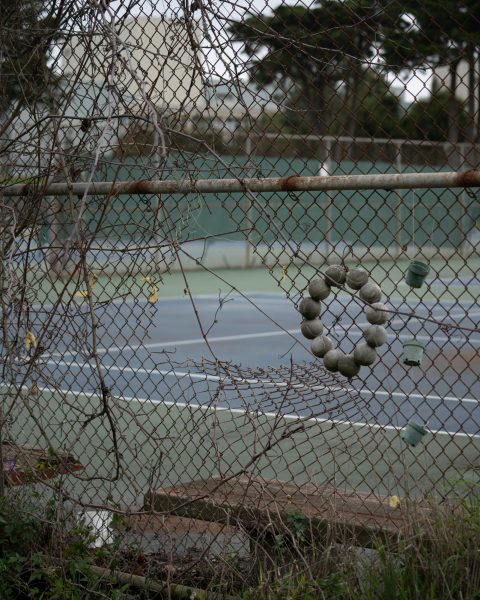
These events have rattled the campus community. Melvin was quick to note the psychological toll the break-ins have begun to take on her, specifically from a standpoint of safety. “I feel like all of us, especially me and PE and all of us who were directly impacted feel a little unsafe,” Melvin said. “You don’t know if you leave something at night if it’s going to be like that the next morning and that’s stressful.” Many students are also unsure about their safety on campus amid the increased break-ins. In a March 2024 survey conducted by The Lowell of 20 randomly selected registries, 31.4 percent of students feel unsafe being on campus. According to senior Kilala Mei, the break-ins have instilled anxiety in the school community because of their frequency over the past few months. “The school loses its purpose when security and safety are lost, and the students are alarmed constantly,” Mei said. “I do not feel safe as I used to after hearing about the incidents.” Other students, like sophomore Henry Witt, feel safe being on campus but are growing concerned about the future of these safety threats. “When you think about people breaking into a school at night and even crates being lit on fire, it’s all unacceptable for a school to experience,” Witt said. “It seems to me like it’s just a matter of time until one of these ends badly, and we’ve just gotten off lucky so far.”
Assistant Principal Isaac Alcantar and Principal Michael Jones are aware of the emotional impact these incidents have had on the school. “People feel violated having their office space broken into,” Alcantar said. “It’s causing people to question our safety protocol and procedures, like whether or not there are holes or gaps in our safety and crisis protocol.”
The break-ins have impacted Lowell financially as well. The early break-ins in January compromised many of the storage containers, resulting in locks having to be repeatedly replaced, according to Alcantar. While these locks were easy to replace, later break-ins targeting the World Language building and the boys’ locker room resulted in expensive special-order windows and whole doors needing replacements. According to Alcantar, damages to campus are “well into the $25,000 range.” However, he stated that with an understaffed and under-resourced buildings and grounds department, it is challenging to get these repairs done.
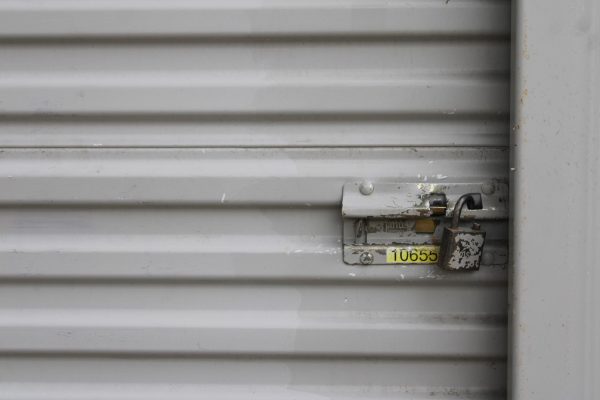
Damages have taken a toll on other parts of the Lowell community as well. According to track and field coach Andy Leong, replacement of materials due to the burned storage containers and prior theft will cost upwards of $20,000. However, since replacement will take time and track is currently in season, the program will have to pay for replaced materials, such as a new high jump crossbar, shovels, and rakes, out of pocket. “Right now it’s coming out of pocket of the track funds that we’ve gotten from different events,” Leong said. According to Leong, with materials being replaced directly from the track team’s funds, they no longer have a budget for team transportation to different events.
The APES garden experienced serious vandalism. According to Melvin, a standpipe was disrupted, flooding the greenhouse, and the skylight, doors, and door handles were broken off the storage container. The garden’s beehive, which was previously kept on the roof of the shed was disrupted as well, ultimately killing the bees. “They did a lot of damage by breaking into the orange shed,” Melvin said. “It is no longer watertight so we can’t store anything in there, plus there’s no lock on it [now]. …I’m going to have to get a new replacement shed, I’m going to have to buy new tools, we have to buy new bees.” In addition to damage, Melvin reported that multiple tools for gardening and beekeeping were taken, some of which were later found about a mile off campus, but most of which remain stolen. “I figure maybe a couple hundred bucks worth of theft,” Melvin said. “It’s all awful.”
On the morning of Friday, Jan. 25, JROTC teacher Sergeant Stephen Hardee found that the program’s storage container had been broken into with its contents displaced and missing. According to Hardee, a newly purchased drum set was stolen. A TV had been removed from the container but was left outside. The lock on the storage container had also been cut, rendering it unusable for a period of time.
On the other hand, some separate incidents that Lowell has experienced recently have left no damages or financial strain on the school. On Feb. 24, Lowell’s softball team arrived on campus for their Saturday practice and found an unhoused man sleeping in the girls locker room. The man was escorted off campus without incident, but the incident nevertheless increased concerns about campus security. Similarly, the incident on Feb. 26 in which multiple students witnessed a woman throwing eggs at classroom windows during the school day resulted in no damage. The woman was quickly confronted by Lowell’s security and SFPD arrived the same day to remove the woman from campus. These events stand apart from other incidents of break-ins and vandalism as they did not create any new financial issues for Lowell Admin or leave any sustaining damages on campus.
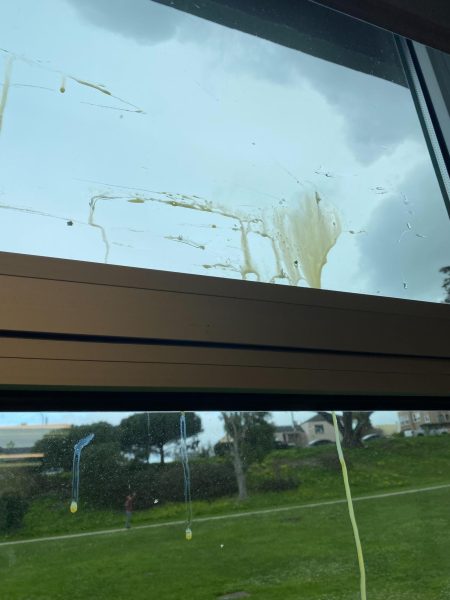
Lowell administration has been working closely with the SFPD burglary unit and the Taraval Police station on investigating these incidents. However, Alcantar noted that police responsiveness has been inconsistent. According to Jones, one reason for this is the fact that the break-ins haven’t just been impacting Lowell, but occurring across the entire Lake Merced area. Because the SFPD is dealing with this more widespread problem, it hasn’t been as quick to address the Lowell-specific break-ins as Admin had hoped. “The way this works is, unfortunately, once they’re finished with what they feel they can get from folks in this area, they will move on to another area,” Jones said. “It’s very challenging getting the police on campus, sometimes two or three calls to get a response.” When the initial break-ins to the various storage containers were reported, the police didn’t come. According to Alcantar, he wasn’t able to get in touch with police until two days later, when they arrived to investigate a break-in at Lakeshore. Kevin Nestor, the lead officer assigned to Lowell’s case by SFPD’s burglary unit told The Lowell that he was “working hard to solve [Lowell’s] case”, but would not be available for further comment.
In response to the January break-ins, Jones coordinated with the San Francisco Unified School District (SFUSD) to hire a private security firm to provide overnight security. The private security firm is meant to patrol all district schools after hours. Two roving units are responsible for ensuring the security of SFUSD’s 150 facilities. According to Jones, Admin has been coordinating with the district and SFPD to increase security in the window of 12am to 4am when the campus is “most vulnerable.”
Despite these actions, however, some students and parents remain concerned about campus security. To address both student and parent concerns, Jones organized a town hall meeting on March 5th to address the safety threats and to provide transparency to parents and other concerned members of the Lowell community. Jones discussed current security implementations, such as the lanyard policy, which requires students and staff to possess school-issued lanyards and their IDs whenever passing through the five designated entrances. Additionally, funding from the Parent Teacher Student Association and Lowell Alumni Association has allowed Lowell administration to respond to the recent break-ins by increasing the number of security guards on campus. Since these break-ins first occurred, Lowell’s security team has reached eight members – the ideal number of security guards suggested by SFUSD.
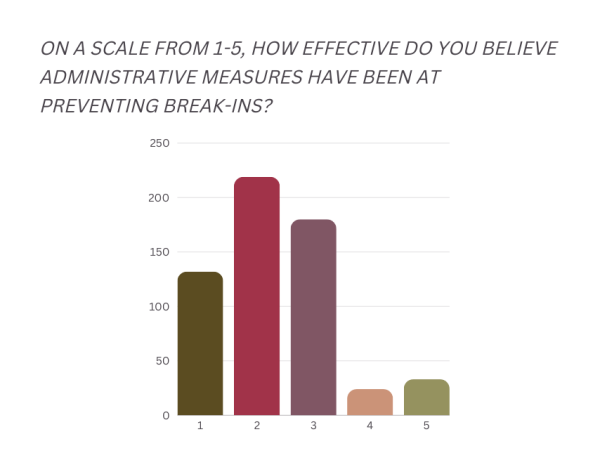
Some students still feel like there could be more done by the school in terms of safety. Mei was surprised the break-ins occurred, considering the ID and lanyard policy to be well-enforced. However, students like Witt believe the security measures in place, such as the IDs and lanyards aren’t as useful as they are meant to be. “There are a lot of security measures, but they don’t seem to be working,” Witt said. “There’s been a recent crackdown on lanyards again and all doors are locked as mentioned before, but that hasn’t stopped intruders from making it on campus.” Similarly, senior Carson Mayer, who has also noticed the recent changes to security, questions its effectiveness in conjunction to the rising safety threats. “Security measures have been amped…, so I find it really strange that break ins are becoming a larger issue now,” he said. “No disrespect to the security guards by the way, but it makes me wonder how effective Lowell really has been in increasing the security of the school.”
Jones also called for changes to district policy to enable the addition of armed School Resource Officers on Lowell’s campus. According to Jones, Lowell’s current lack of armed security personnel has been a source of concern for him, and he has previously made calls to arm Lowell’s current security on campus. “[Current security] isn’t armed, they don’t have mace, handcuffs, or a stick.” Jones also expressed concerns about Lowell’s seemingly outdated and/or non functioning security systems, which have made it increasingly hard for administration to make progress in identifying those responsible for the break-ins and vandalism. “Sometimes when the district’s servers are down, [Lowell’s] cameras go offline,” Jones said. Some students, however, such as senior Levi Kauffman, feel that armed guards may do more harm than good. “I just don’t think it’s a good idea arming the security guards. If you’re going to give them a weapon, that’s only going to increase the likelihood of them using it,” Kauffman said. “I think that’s far more dangerous and far more worrisome than anything related to the break-ins.”
While break-ins on Lowell’s campus have been both costly and concerning for many, the administration is hopeful that with the implementation of new policies and security, Lowell will stop experiencing break-ins. Staying optimistic about the future, Alcantar is glad that these recent incidents provided him with clarity on what security issues need refinement. “When weak spots or weak points show up, it’s an opportunity for us to improve,” he said. As for what students can do in the meantime to ensure campus safety, Alcantar views students’ collaboration with administration as the best solution. “If you see someone who doesn’t belong here, let us know, and we will address it. It needs to be a partnership,” Alcantar said.



